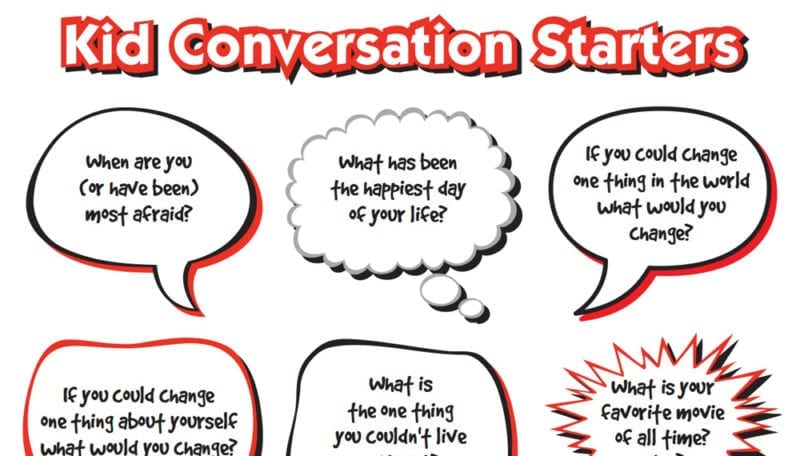You’ve got an angry kid on your hands, and you’re feeling frustrated, confused, and, well, angry. At times, you may be afraid of your child’s anger and clueless about what to do. There’s hope. It’s good to remember that anger is a normal emotion. We all feel it. Learning to control it is a normal part of growing up, and you, as a parent, are in the best position to help your son or daughter manage outbursts.
The greatest audience children have is an adult who is important and interested in them.It’s important to know that anger is usually a symptom of something else. If you get to the deeper issue, the well of your child’s frustration will dry up. Talking, really talking, will get you there. Parents set a powerful example of good or poor communication. Communication skills are influenced by the examples children see and hear. Parents who improve communicating with children with interest, attention, and patience set a good example. The greatest audience children have is an adult who is important and interested in them. Here are 6 ways to improve at communicating with children.
1. Avoid dead-end questions.
Ask children the kinds of questions that will extend interaction rather than cut it off. Questions that require a yes or no or right answer lead a conversation to a dead end. Questions that ask children to describe, explain, or share ideas extend the conversation.
2. Speak their language.
Respond to his or her statements by asking a question that restates or uses some of the same words your child used. When you use kids’ own phrasing or terms when communicating with children, you strengthen their confidence in their conversational and verbal skills. You also reassure them that their ideas are being listened to and valued.
3. Share your thoughts.
Share what you are thinking with your child. For instance, if you are puzzled over how to rearrange your furniture, get your child involved with questions such as, “I’m not sure where to put this shelf. Where do you think would be a good place?”
4. Observe signs.
Watch the child for signs that it is time to end a conversation. When a child begins to stare into space, give silly responses, or ask you to repeat several of your comments, it is probably time to stop the exchange.
5. Reflect feelings.
One of the most important skills good listeners have is the ability to put themselves in the shoes of others or empathize with the speaker by attempting to understand his or her thoughts and feelings. As a parent, try to mirror your children’s feelings by repeating them. You might reflect a child’s feelings by commenting, “It sounds as if you’re angry at your math teacher.” Restating or rephrasing what children have said is useful when they are experiencing powerful emotions they may not fully understand.
6. Help clarify and relate experiences.
As you listen, try to make your child’s feelings clear by stating them in your own words. Your wider vocabulary can help children express themselves as accurately and clearly as possible and give them a deeper understanding of words and inner thoughts.
Does your child need help communicating? Here are 5 ways to help.
Sound off: What tips on communication would you add to this list?











Huddle up with your kids and ask, “What is something that makes you angry?”